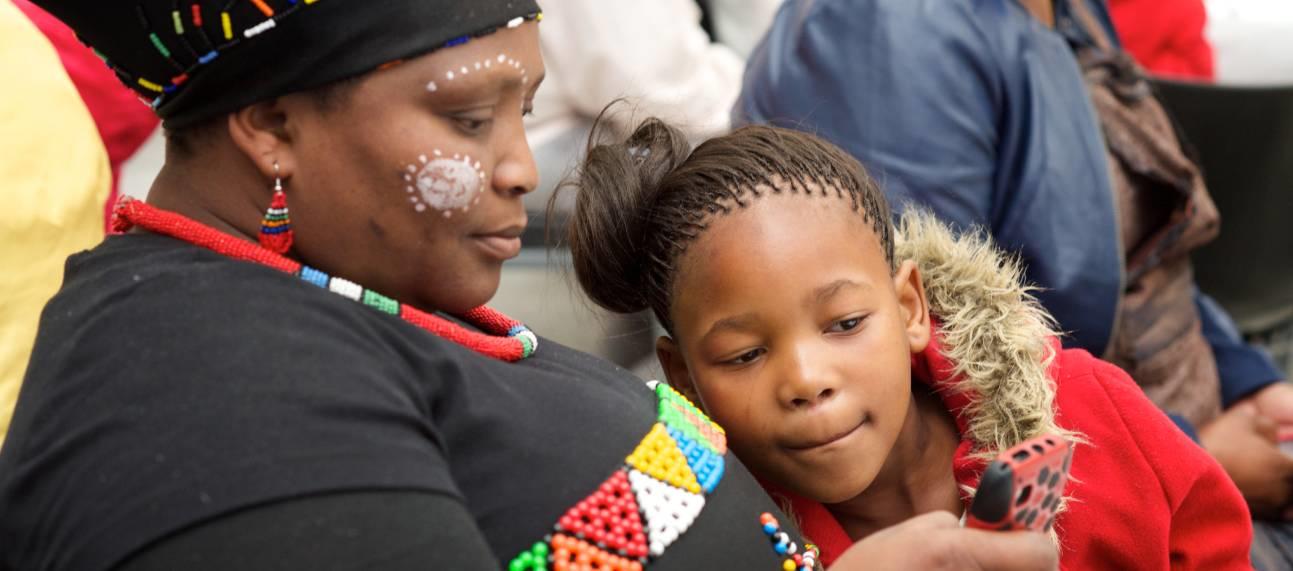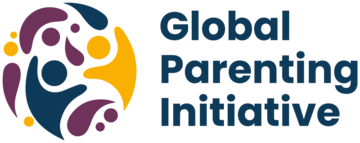The GPI at a Glance
The Global Parenting Initiative (GPI) is a five-year collaboration of universities, foundations, and implementing partners, funded primarily by the LEGO Foundation and Oak Foundation with the aim of providing access to free, evidence-based, playful parenting support to every parent, everywhere, so that they are equipped with the knowledge and tools to help their children realise their learning potential and to prevent child sexual abuse, exploitation, and family violence.
The Problem
Before 2020, 250 million children under five in low- and middle-income countries were at risk of not achieving their developmental potential. An estimated one billion children also experience violence each year. The COVID-19 pandemic has resulted in increased rates of violence against children and reduced educational outcomes.
Availability and access to evidence-based parenting programmes that improve outcomes for children is limited for most of the world’s parents. But the Covid-19 pandemic has opened up digital and hybrid-digital delivery options that could address this accessibility issue.
The Global Parenting Initiative involves the rapid development and evaluation of open-source, playful parenting programmes delivered through digital and hybrid human-digital platforms.
Our Work
We co-develop, evaluate, and implement in-person, remote, digital, hybrid, and multimedia parenting programmes with families in the Global South using innovative tools developed with Parenting for Lifelong Health.
Our Approach
The Global Parenting Initiative’s activities are divided into six interlocking themes or areas, each defining an aspect of our work.
Evaluate: Innovative and rigorous research to increase the evidence of effectiveness, cost-effectiveness, and scalability of human-digital playful parenting programmes.
Innovate: Build a cohesive ecosystem of agile, adaptable, and scalable evidence-based human-digital playful parenting interventions by developing and optimising parenting support technologies.
Facilitate: Shifting the balance of expertise, leadership, and power in parenting research from the Global North to the Global South by actively promoting capacity sharing, strengthening local institutions, and fostering a new generation of thought leaders.
Advocate: Collaborating with UNICEF, WHO, ECDAN, the Global Partnership to End Violence, USAID, and other partners to build a policy environment on the regional and country-level supporting the sustained institutionalisation of parenting programmes.
Generate: Creating a sustainable infrastructure to support the scale-up and capacity building of Parenting for Lifelong Health human-digital parenting programmes.
Accelerate: Scale-up and institutionalisation of human-digital playful parenting programmes embedded into national governments and NGO service delivery systems.





